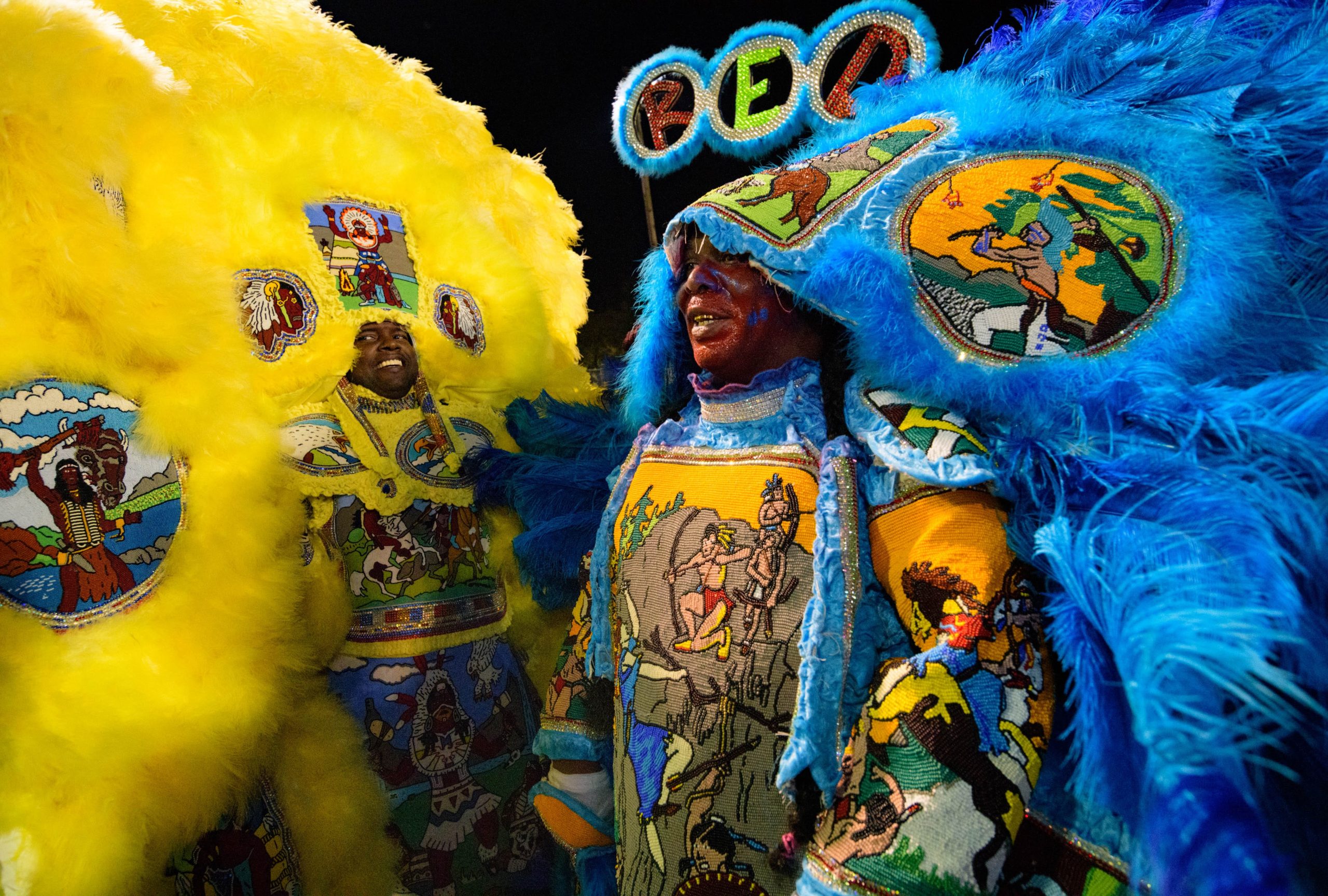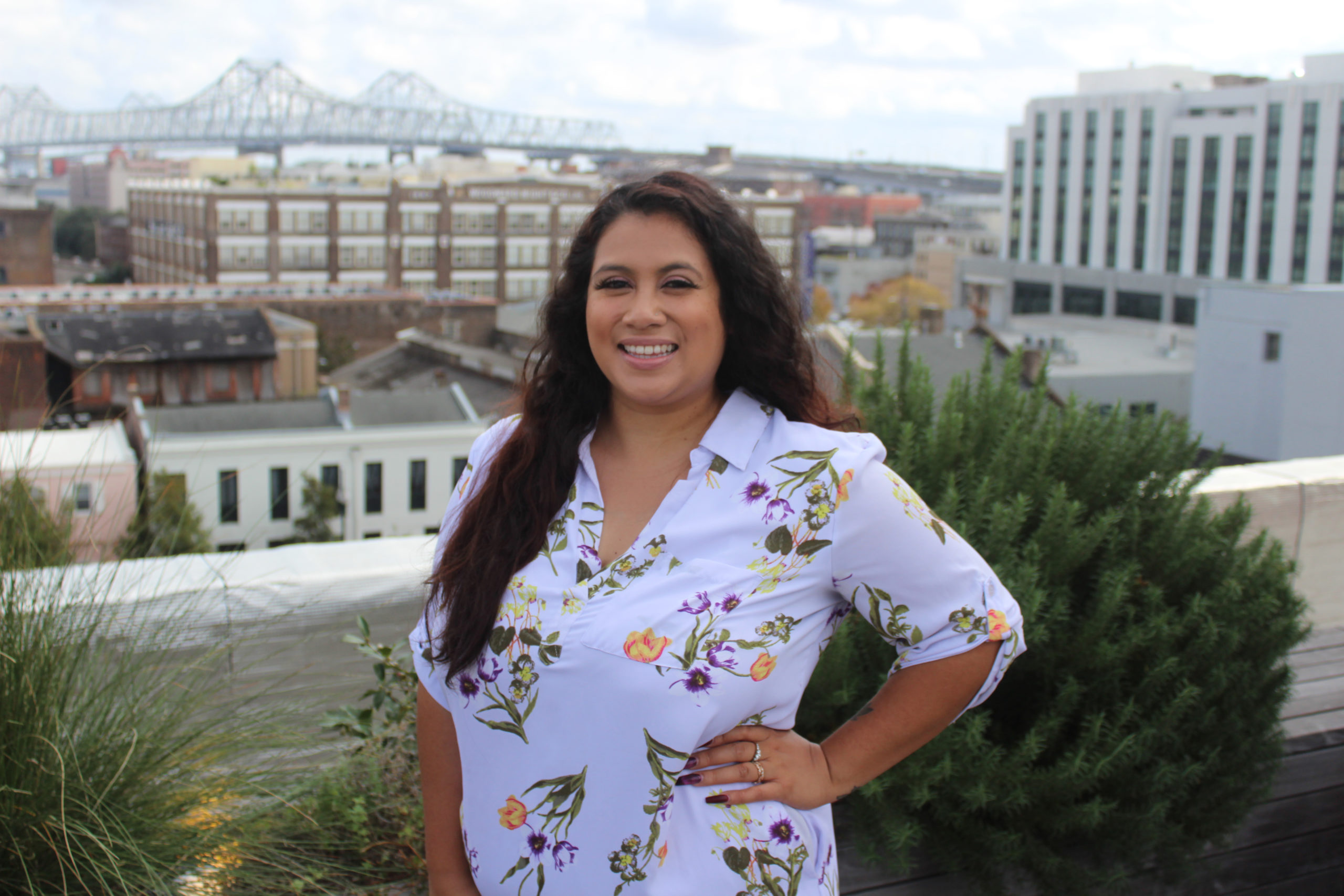During COVID-19, we’ve had to adapt the way we celebrate. Friday is St. Joseph’s Day, and Wednesday marked St. Patrick’s Day. The one-year mark of everything shutting down aligns with St. Patrick’s Day, and this year is definitely different. Even though celebrations don’t look the same, New Orleanians still have a way of making it happen!
St. Joseph’s Night in the Time of Coronavirus: Black Masking Culture Adapts, Endures
This St. Joseph’s Night there will be no noise. No call and response or tambourines ringing. The meeting of Black Masking Indians won’t happen at A.L. Davis Park at dusk. Black Masking culture, however, is about perseverance. The refrain used by the Indians, “Won’t bow down; don’t know how,” is a testament to the buoyancy of the culture. A culture that originated when the escaped enslaved found asylum among the indigenous people, and who honored them by celebrating their heritage. A culture that — in the case of the Baby Dolls — originated on the streets of Storyville, where women used their agency not just to survive, but thrive. This spirit carries on to this day. To find a way, not out, but through. In 2020, we talked to culture bearers about how COVID-19 has affected their traditions.
‘Shamrock Our Block’ Celebrates St. Patrick’s Day in the Irish Channel
There’s always a pot-hole of gold under the rainbow if you look hard enough in New Orleans, especially around the intersection of Sixth and Annunciation Streets in the Irish Channel neighborhood. Inspired by the Krewe of House Floats from Mardi Gras many homes are decorating for St. Patrick’s Day. Borrowing the initiative “Shamrock Our Blocks,” from Chicago’s Southside Irish Parade Organization, which also had to cancel its parade because of COVID-19, many homes have added shamrocks and leprechauns and for some reason a lot of Bernie Sanders wearing mittens. Check out our gallery here.
NOLA’s Irish American Heritage: The Life and Legacy of Eleanor McMain
March is also Women’s History Month and this week, we’re telling you the story of Eleanor McMain.She placed the Irish Channel’s Kingsley House into the center of several New Orleans-area progressive movements, and became known as the “Jane Addams of New Orleans.”







